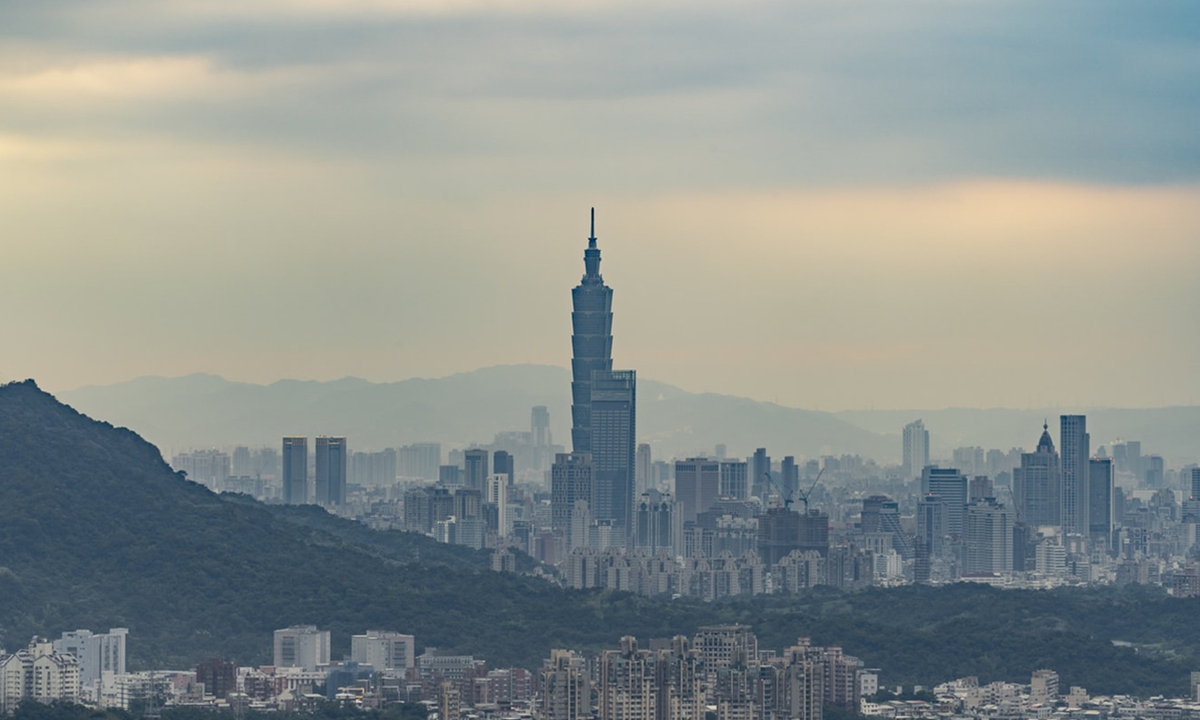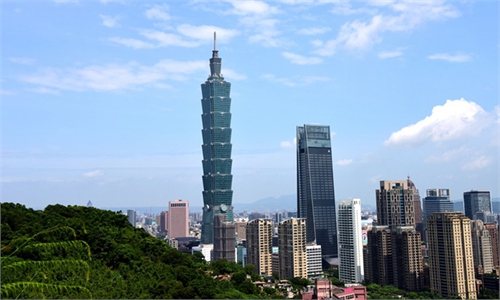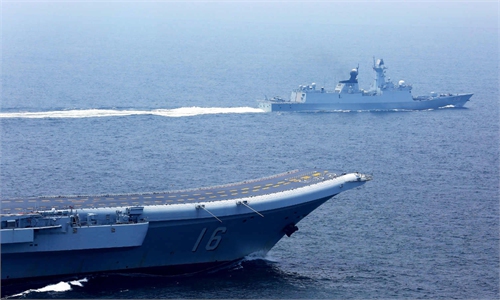
Taiwan Photo: Unsplash
Honduras, one of the few remaining countries with "diplomatic relations" with the island of Taiwan, will hold the presidential election on November 28. With the left-wing leader gaining popularity in the polls, the Taiwan media outlet chinatimes.com published an article on November 7 predicting that Honduras is likely to sever its "diplomatic ties" with the island after the election.It is very reasonable if Honduras chooses to do so. First of all, in terms of the general rules of the international community, most countries recognize the one-China principle. China is already the second largest economy in the world and a permanent member of the UN Security Council. What role does the island of Taiwan play in the international community? The island itself is not recognized as a "country" by the international community.
Second, establishing diplomatic ties with the Chinese mainland will bring greater benefits to each country in terms of economic, political and social development.
Third, China's Belt and Road Initiative (BRI) is attractive for these countries. Countries or regions that can participate in the construction of the BRI will definitely want to benefit from it.
In this case, it will become normal for most countries to sever "diplomatic ties" with the island of Taiwan and establish diplomatic ties with the People's Republic of China with the change of administration and political development. Taiwan is only one step away from losing all its "allies." The remaining 15 countries with the so-called diplomatic relations with the island may do so in consideration of their traditional friendship with the island and the pressure from the US. In fact, these small countries with "diplomatic relations" with Taiwan have limited participation in the international community. As these small countries become more and more involved in the process of global integration, they will also become more and more aware of the differences. This will allow them to make choices that best serve their national interests.
For the Taiwan, this is also a lesson: The only way for it to expand its international space is to improve relations with the Chinese mainland. It should resume cooperation and dialogue, and deal with the issue of international space through consultations with the Chinese mainland. A successful example was Ma Ying-jeou's work. He attached great importance to relations with the Chinese mainland. At that time, Taiwan signed economic cooperation agreements with New Zealand and Singapore. By contrast, since pro-secession Tsai Ing-wen took officer, Taiwan's international space has only shrinking. Isn't that telling?
The Honduras' case is just a warning to the island. Indeed, this helps the island clearly understand what it is encountering in reality. Just as Chinese Foreign Ministry Spokesperson Wang Wenbin said on Monday, Taiwan's "'dollar diplomacy' is rejected by all." Moreover, "all attempts to reverse the historical trend by soliciting foreign support are bound to fail." Relying on "dollar diplomacy" to maintain relations with those small and impoverished countries is piling increasing pressure on Taiwan.
According to analysts in Taiwan, the DPP authority basically put all its resources and efforts on Washington and Tokyo. Its lack of efforts in Central and South America have unsatisfied Honduras. However, both the US and Japan are adhering to the one-China principle. Neither of them recognizes Taiwan as an official sovereign state. Both the people of Taiwan and the DPP authority should be clear about their value as a pawn: Taiwan's significance and role depend on the Chinese mainland. The Taiwan question is entirely a card in a bid to contain the Chinese mainland. Once Taiwan is no longer useful, it will be discarded immediately.
If the Taiwan authorities do not recognize the 1992 Consensus and resume dialogue and consultation with the Chinese mainland, there will be no way out.
The author is director of the Taiwan Research Center, Shanghai Academy of Social Sciences. opinion@globaltimes.com.cn


